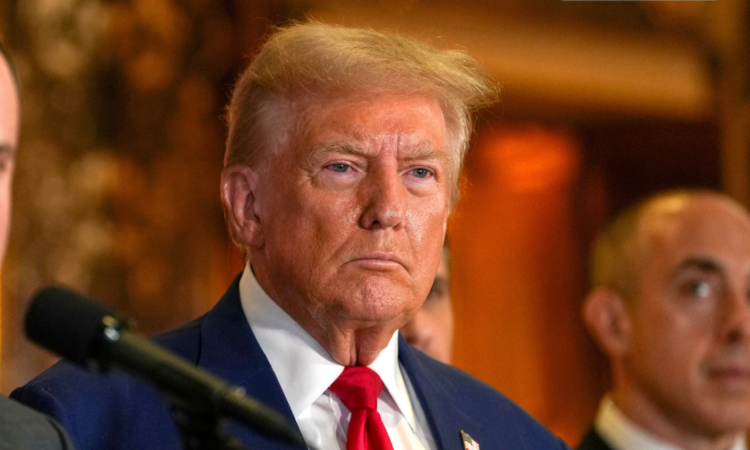
When Donald Trump takes office as the 47th president next week, he will have full control of the federal government. However, divisions within the Republican Party are already emerging, especially over key parts of his legislative plans in Congress.
One of the biggest issues is whether to raise the debt ceiling. Some members of the Freedom Caucus, a group of hardline conservatives, insist that any increase should be tied to the reconciliation bill, NOTUS reported on Tuesday.
These hardline lawmakers are determined to hold their ground, setting up an early challenge for Trump’s administration.
“We should include it in one of the reconciliation bills so we don’t have to rely on Chuck Schumer,” said Rep. Andy Harris (R-MD), the chair of the Freedom Caucus.
But not everyone agrees. Some Republicans, like Rep. Tim Burchett (R-TN), who have never voted to raise the debt limit, may not support the idea now. To address this, Trump suggested that House Speaker Mike Johnson combine the debt limit proposal with federal disaster aid for California, which has been hit hard by wildfires.
While this idea has angered Democrats, it could temporarily help Johnson avoid making $2.5 trillion in promised budget cuts, according to NOTUS. However, some hardline Republicans remain a major obstacle.
Rep. Chip Roy (R-TX) criticized the plan to tie disaster aid for California to the debt ceiling increase, calling it “bull—-.” He told NOTUS, “This is typical swamp behavior. They’re attaching the debt ceiling to other things, like the California aid package, so they can spend a ton of money. It’s deliberate, and I’m against it.”
Despite the disagreements, no decisions have been made yet. Speaking to reporters on Tuesday, Johnson said he wasn’t fully committed to raising the debt ceiling through reconciliation, describing it as just an “initial idea.”
“It’s part of the process. We need to get everyone on board,” Johnson explained. “It’s a slow process, slower for some than others, but it’s my reality right now.”




